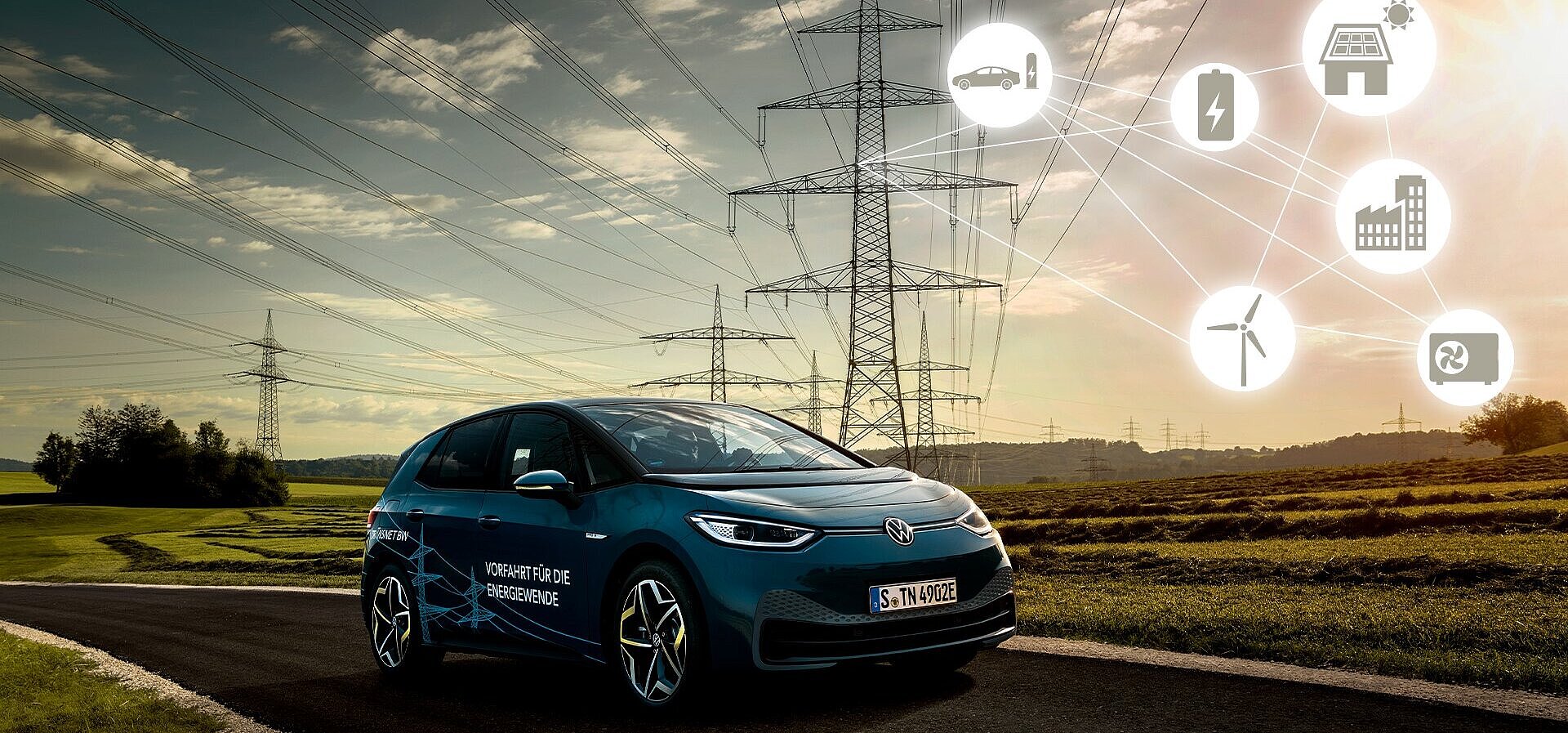
The OctoFlexBW pilot project by Octopus Energy and transmission system operator TransnetBW demonstrates how electric vehicles can help relieve the grid in Baden-Württemberg as flexible electricity consumers – as part of Redispatch 3.0.
In order to utilise the flexibility of electric vehicles for grid stabilisation, OctoFlexBW combines flexible consumers into a virtual power plant. On the one hand, this stabilises the grid and supports security of supply. On the other hand, households benefit from cheaper charging tariffs without having to compromise on comfort.
Experience from the UK as a basis
In the UK, the integration of micro-flexibility into Octopus Energy's daily operations is already a reality, with a flexibility pool of around 1.5 GW. In Baden-Württemberg, the pilot project by TransnetBW and Octopus Energy has been running since May 2024. This is making a significant contribution to building knowledge for the integration of micro-flexibility into existing redispatch processes in Germany.
Targeted charging processes to relieve the grid
Specifically, in cooperation with Octopus Energy, electric vehicles in Baden-Württemberg are controlled in such a way that their charging times are shifted to less congested grid phases. Since June 2024, OctoFlexBW has been using standardised and largely automated processes to call up electric vehicles when redispatch is required, thereby making a real contribution to the control process.
Positive experiences in practice
Experience from the OctoFlexBW project shows that electric vehicles are a reliable source of decentralised flexibility and that acceptance among e-motorists is high. Digital communication between TransnetBW and Octopus Energy is running smoothly.
Procedure for the first project phase
The first phase of OctoFlexBW focused on smooth communication between the DA/RE IT platform from TransnetBW and the Kraken platform from Octopus Energy. A pool of around 100 electric vehicles is used for this purpose. Octopus Energy reports a schedule optimised for exchange prices, including potential flexibility, to TransnetBW. When grid utilisation is high, TransnetBW makes binding requests for capacity from Octopus Energy. Octopus Energy then shifts the charging of electric vehicles to night-time hours, ensuring grid stability and allowing customers to benefit from lower prices without compromising on comfort.
Next steps and outlook
The data evaluated from OctoFlexBW shows that the control of charging processes works reliably and that flexibility can be planned and provided in high quality. In the next project phase, a balancing system will be implemented that takes all energy management processes into account. At the same time, significantly more electric vehicles will be included.
